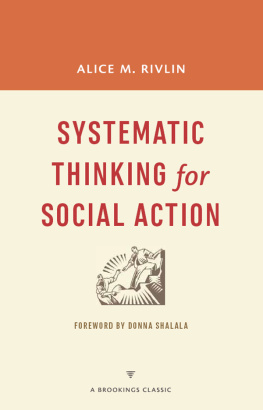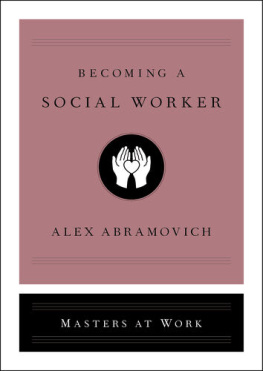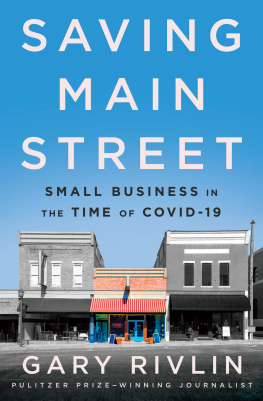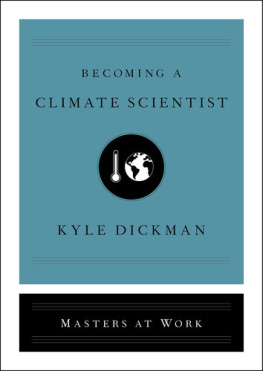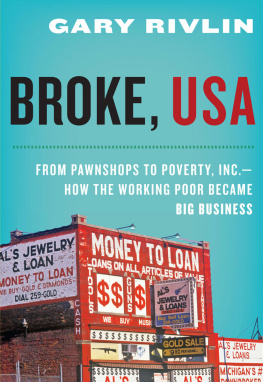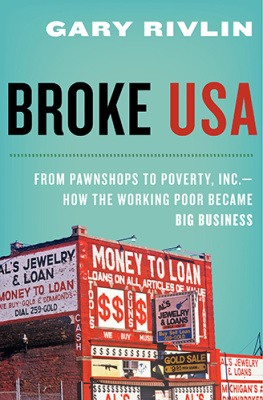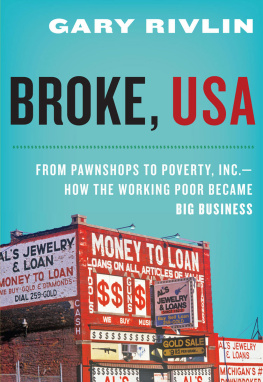THE BROOKINGS CLASSICS
Thoughtful, relevant, and timely books have been the hallmark of the Brookings Institution Press since its founding, and the press has been fortunate to count among its authors some of the most important thinkers of the twentieth century. With The Brookings Classics the press draws on its vast library of original work to reintroduce some of its most influential books to new audiences. Each book in the series has made important contributions to policy debates and scholarly discourse and has stood the test of time to remain relevant in today's world. Each Classic also includes a foreword written by an influential thinker in his or her field, explaining the book's significance while grounding the work in a contemporary context.
Check out the Brookings website to learn more about the individual titles in the series: www.brookings/edu/classics.
The Irony of Vietnam: The System Worked
Leslie Gelb with Richard K. Betts
Development Projects Observed
Albert O. Hirschman
Red Tape: Its Origins, Uses, and Abuses
Herbert Kaufman
Equality and Efficiency: The Big Tradeoff
Arthur M. Okun
Camp David: Peacemaking and Politics
William B. Quandt
Copyright 2015
THE BROOKINGS INSTITUTION
1775 Massachusetts Avenue, N.W., Washington, D.C. 20036
www.brookings.edu
All rights reserved. No part of this publication may be reproduced or transmitted in any form or by any means without permission in writing from the Brookings Institution Press.
Originally delivered in January 1970 as the third H. Rowan Gaither Lecture at the University of California, Berkeley, under the sponsorship of the Graduate School of Business Administration and the Center for Research in Management Science.
First Brookings edition published 1971
The Brookings Institution is a private nonprofit organization devoted to research, education, and publication on important issues of domestic and foreign policy. Its principal purpose is to bring the highest quality independent research and analysis to bear on current and emerging policy problems. Interpretations or conclusions in Brookings publications should be understood to be solely those of the authors.
Library of Congress Cataloging-in-Publication data is available.
ISBN: 978-0-8157-2644-9 (pbk : alk. paper)
Printed on acid-free paper
Typeset in Sabon
Composition by Cynthia Stock
Silver Spring, Maryland
FOREWORD
Donna Shalala
I remember to this day how I learned about Alice Rivlin's now classic book. It was 1972. Alan K. Scotty Campbell, my major professor at the Maxwell School, Syracuse University, gave me a copy, telling me that it was the most important book that I would read on public policy analysis.
He was right. Today, Rivlin's very clear questions for policy makers and public officials are still central to understanding the social and economic impact of prospective social programs. Under Rivlin and her predecessors and successors, the Office of Management and Budget has increasingly demanded more evidence for public investments. The Congressional Budget Office itself, where Rivlin was the founding director, has set the standard for economic impact and analysis. Since the book was written, government and academic experts have had extensive experience using policy analysis, based on different methodologies, to shape public investments. And almost every major domestic public investment todaywhether in welfare, health care, education, or housinghas benefited from evidence collection and analysis.
Since this book was first published, three new trends in public policy analysis have emerged. First, expansion of the use of experimental design and random assignment techniques in evaluating social programs, which is well described in a new book, Fighting for Reliable Evidence, by Judith M. Gueron and Howard Rolston. These rigorous evidence-based techniques influenced the designers of welfare reform. Institutions of higher education are the latest of the public and private institutions that have been asked to design evidence-based accountability standards.
Second, the broad use of computers. We used to think that a sample of 1,000 participants was rigorous enough, but high-speed computers now allow us to sample 500,000 or more, depending on the project. Because today Medicare's computers can analyze millions of datasets, they can identify fraudulent claims that would have gone undetected before.
The third trend, the creation of new think tanks, many organized around a point of view, has led to debates over methodologyand even factson a wide variety of public issues. The late Senator Daniel Patrick Moynihan once said that everyone is entitled to his own opinion, but not his own facts. Maybe, maybe not. Different ideologies and points of view deserve expression in our democracy, and competing policy analyses often can help resolve issues, with one caveatthe competing analysts must be transparent about their sources and methods and must be able to question each other.
Policy analysis is no longer in its infancy, but its teenage years have not been easy. Political leaders are more distrustful of evidence, often forcing those who collect it to find more sophisticated methods of collection and analysis. Whatever the challenges, more evidence allows for better decision making. As a former presidential cabinet member and a social scientist, I have deep respect for evidence-based recommendations and experimental approaches. In the 1990s, it was not easy to demand rigorous evaluations of different welfare approaches during the Department of Health and Human Services state waiver process, but doing so significantly influenced the shape of welfare policy. Just as important, it sent a clear message to state officials that evidence-based decision making was a practice that taxpayers would appreciate. While we have overcome some of the technical problems that Rivlin outlined forty years ago, the dramatic growth and importance of campaign contributions to federal and state politicians and interest groups has skewered our ability to make progress on the cost-benefit questions that she raised: which government program will give you more bang for the buck?
In great academic health centers it is common to talk about research from the lab to the bedside. The rigorous peer review process in clinical studies in particular has given us treatment strategies that have been adopted worldwide. An unintended consequence has been a rapid increase in health care costs that has spawned a new generation of policy analysis focused on cost containment and outcomes, including analysis that Rivlin is heading at the Brookings Engleberg Center for Health Care Reform.
Alice Rivlin's brilliant and sustained contribution to public policy analysis through her book and her leadership at the Congressional Budget Office, the Office of Management and Budget, and Brookings got us to think systematically about public programs and their benefits. She also reminds us that when we refuse to use evidence in making public policy decisions, we do so at our country's peril.
DONNA SHALALA
Miami
September 2014

